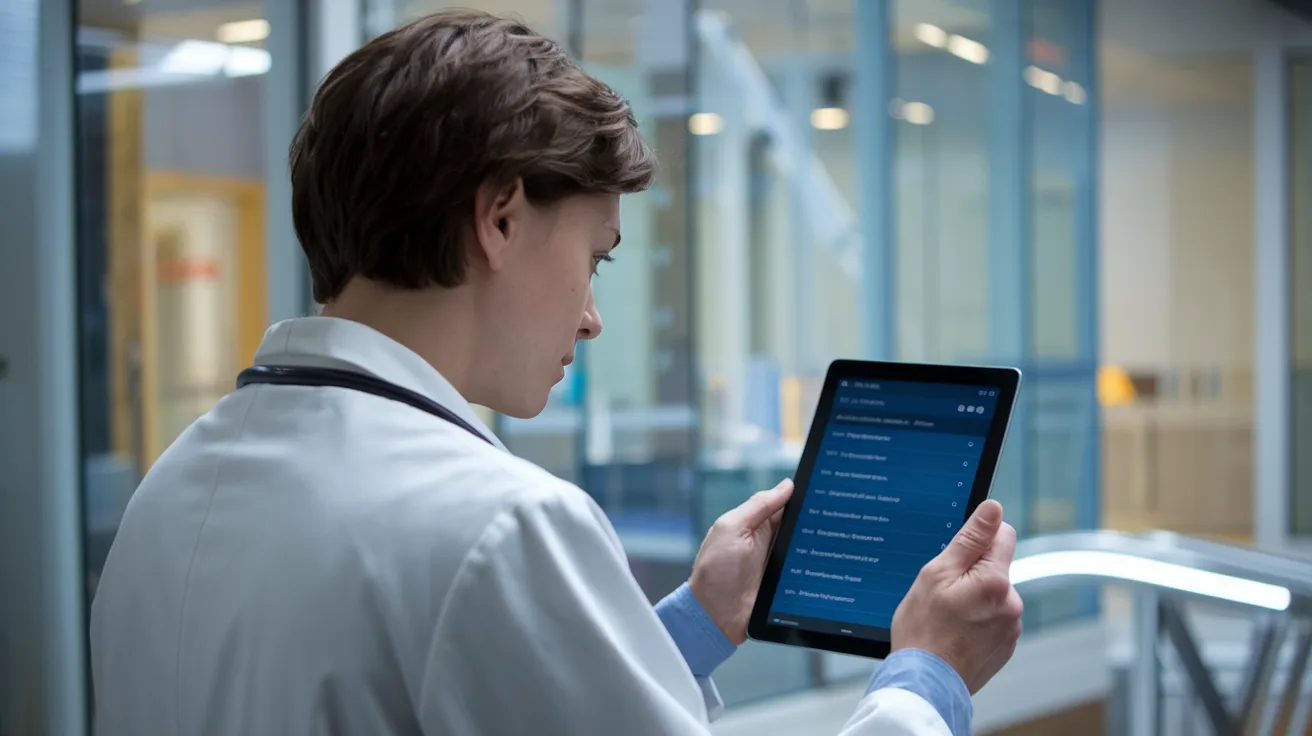AI Diagnoses vs. Human Doctors: A Study

Limitations of AI in Enhancing Diagnostic Accuracy
Recent research has revealed sobering insights into the effectiveness of artificial intelligence (AI) in assisting doctors with complex diagnoses. A study published in the journal JAMA Network Open indicates that physicians’ diagnostic accuracy remains largely unchanged with AI support. Despite the potential that AI presents, its integration into clinical practice may not yield the enhancements originally anticipated.
Study Methodology and Findings
In this study, 50 doctors were presented with case studies based on real-life patients, including medical histories, physical examinations, and laboratory test results. The doctors were divided into two groups: one that relied solely on standard reference materials and another that utilized ChatGPT Plus to aid their diagnoses.
Results indicated that doctors using AI assistance achieved an accuracy of approximately 76%, while those who did not use AI recorded an accuracy of about 74%. Although the AI-assisted group returned diagnoses slightly faster—averaging 8.6 minutes compared to 9.4 minutes for their counterparts—the increase in accuracy was marginal at best.
AI’s Performance in Isolation
Interestingly, when ChatGPT Plus was tasked to diagnose independently based on the case studies, it achieved an impressive accuracy rate exceeding 92%. This demonstrates the AI’s potential when not influenced by human inputs. Dr. Andrew Parsons, who leads the research, emphasized, “Our study shows that AI alone can be an effective and powerful tool for diagnosis.” The findings suggest that combining AI assistance with human faculty may actually detract from accuracy, despite improving efficiency.
The Need for Training and Integration
The research raises essential questions about how medical professionals can effectively collaborate with AI. Parsons noted, “These results likely mean that we need formal training in how best to use AI.” This implies that further education and structured integration of AI tools into clinical workflows is crucial for properly leveraging their capabilities.
Moreover, researchers advocate for continued investigations into AI’s diagnostic abilities to ensure it aligns with real-world healthcare challenges. Further studies are necessary to explore how AI diagnostics influence treatment decisions and subsequent patient outcomes.
Looking Forward: Challenges and Opportunities
As AI technology continues to evolve and integrate into healthcare, understanding its role and potential remains paramount. Parsons articulated the necessity of optimizing AI’s partnership with clinicians to enhance patient care and the overall experience for healthcare providers. The research signifies that while AI presents immense promise in the medical field, harnessing its full potential requires deliberate training and adaptation to clinical environments.
For those interested in further exploring AI’s implications in healthcare, the Cleveland Clinic provides a wealth of information on the topic.